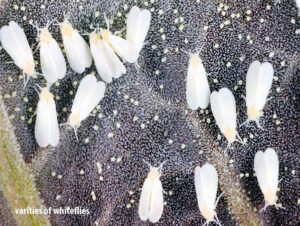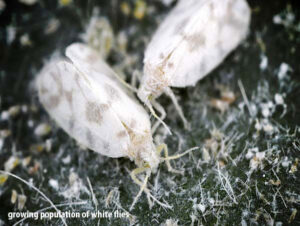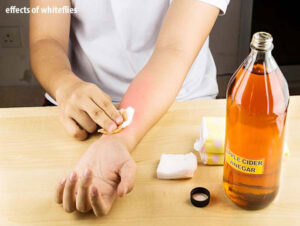Whiteflies love to come in the house and will try to crawl on your walls, but they can’t stand on your ceiling or wallpaper. They are known as “whiteflies” because their bodies resemble grey color and look like white with red eyes. However, they only have about a 100-150 hairs of hair that covers their body. When whiteflies enter an home and sit on your furniture you have no control over this insect-a-chocolate. This is why most people avoid them by spraying up with liquid insecticides like DEET, but it doesn’t seem that it solves the problem.

The use of liquid insecticides may kill many other insects (also called pets, pests, and spiders) in the same way as the whiteflies are killed by white chemicals. Therefore, some people use essential oils instead of those pesticides in order to deal with whiteflies properly without killing more species. However, not all essential oils are good for whiteflies according to experts. For example, cinnamon oil will make whiteflies sick. Cinnamon is also toxic for us humans as well. Also, a lot of black pepper oil are effective on the whiteflies. So, what kind of insecticides should we be using? Here’s what you need to know.
Why whiteflies are dangerous?
Whiteflies are one of the most frequent pest in our homes with each family having 10 to 15 whiteflies. According to the experts, whiteflies are usually harmless and there is only one reason why they are so harmful to us: yellow fever. Yellow fever can occur at any time and cause serious symptoms such as fever or nausea. These creatures will carry germs and you can catch them by touching your hands to your face.

You can contact Amazon for anti-yellow fever spray when you live in an area with outbreaks of yellow fever. In addition, CDC recommend parents to treat infants under six months old in case they are bitten by mosquitoes. If children are bitten by mosquitoes in daycare, they can infect themselves to infection because they were infected by another mosquito who was carrying COVID-19. Also, even if you don’t catch any virus by touch, the flu can spread through water when you cough or sneeze.
What to do if whiteflies come into your house?
The most important thing you can do is to remove the insecticide spray on your window or floor. It is recommended to put two layers of towels or paper towels between the spray and your furniture. To remove the spray from the ceiling or wall you might want to cover your entire ceiling or wall with a piece of cardboard paper by using nails or screws. Do NOT leave the spray unattended, as it will attract yellow flies. Another option is to buy a small vacuum cleaner to suck out the insecticide spray and its contents.

On top of that, in case you are in a tiny room, spray some whitefly repellent solution onto the floor after you wash your carpets. Try to do all these things regularly. But don’t do too much. Don’t add more chemicals into water, as it will damage soil and destroy everything around it. In order to treat whiteflies effectively, the following ingredients should be added to a mixture of essential oils: cinnamon, cloves, lemon or eucalyptus oil or basil. If you aren’t familiar with essential oil, it is the form of raw materials that consist of volatile oil molecules. These compounds possess antibacterial properties.
What to avoid when you want to remove a substance with vinegar?
The main ingredient that causes a foul smell is methyl orange – methylene blue. Some manufacturers mix alcohol and this unpleasant substance because they think that the combination will be very stable and doesn’t damage the environment. However it is toxic for plants, animals, and humans. Thus it is best to avoid excessive amounts of methyl orange and use only less than 1 ounce per 12 ounces of liquid.

There are specific products like distilled apple cider vinegar (DAC), which is great for making your own lemonade soda and even for drinking while traveling in the car. Use it responsibly after purchasing it and add it to food if necessary. Also apply it to the skin when applying makeup or on any object that contains it, including curtains or clothes that cover or are draped over the body. We recommend using a mild form of vinegar, as it helps avoid irritation and damage to skin cells. It can also act as an antiseptic and protect against allergy, so you can use this item anywhere you like.












